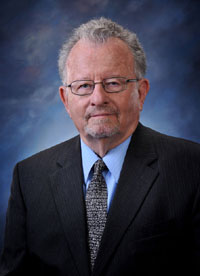
The first interpretation of the Qur’an for Europeans was in Latin (1143 ACE), and published in France, some 411 years after Islamic armies were pushed back into Spain. This edition was published in the midst of the European Christian crusades into Jerusalem and surroundings.
After NATO forces, under US leadership, have been in Afghanistan for 17 years, and in Iraq for 15, we need interfaith dialogue more than ever. Few westerners take into account that ISIS and its affiliates believe they are retaliating to Western aggression. Fewer westerners have any concept of how Islam has parallels in Christianity and in Judaism.
Jews, Christians and Muslims might be humbled by finding out how little we know of each other. Some should be shamed by exhibiting how much we don’t know in videos, by radio, and by gossip. We should start by affirming that what we have in common surpasses our differences.
In the Qur’an, Maryam (Mary) is the virgin mother of Isa (Jesus). She is the only woman mentioned by name in the Qur’an. Isa is named 25 times and referred to 162 other times; thus Jesus is mentioned in Islam’s Holy Scriptures more than any other person. The greatest prophets in the Hebrew Scriptures (Tanakh or Old Testament) are named and revered in the Qur’an. For people of faith who are not science-deniers, the contributions of Islamic scientists to math, physics, chemistry, and more during the “dark ages” of Europe, might be enlightening.
With the Easter season so near, we should note that Jews, Christians and Muslims believe that the tomb of Jesus on Easter morning was empty! Jewish tradition explains that some of Jesus’ disciples stole his body so they could hide it and proclaim resurrection. In Islamic tradition, the family of Jesus took him from the site of crucifixion and slowly healed him—later he ascended into heaven. The Christian explanation of the empty tomb is summed up in three words: He is risen!